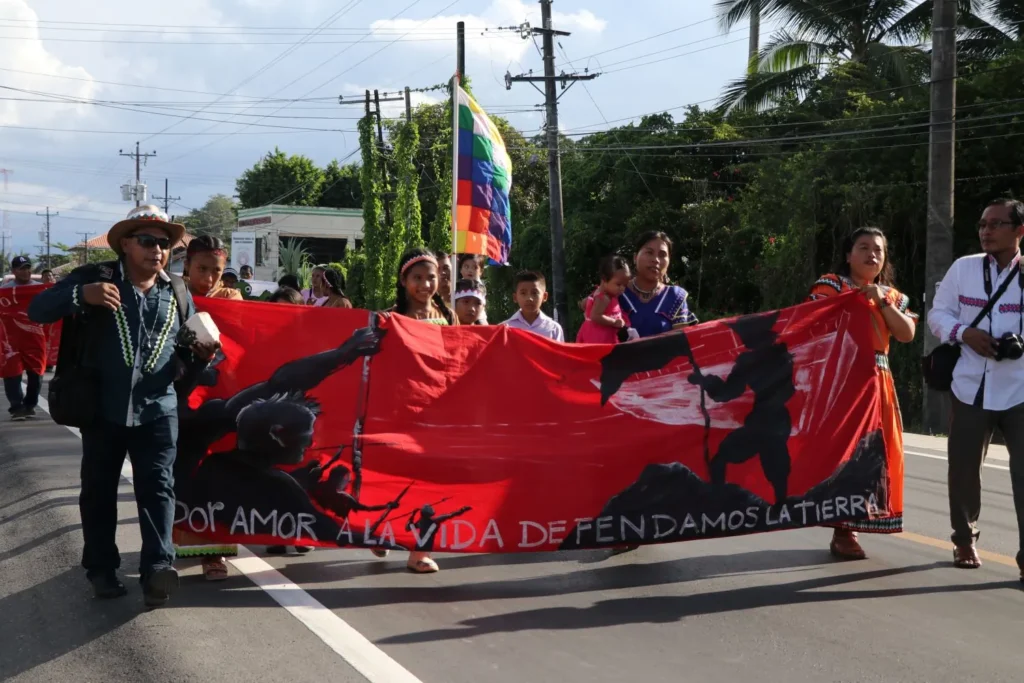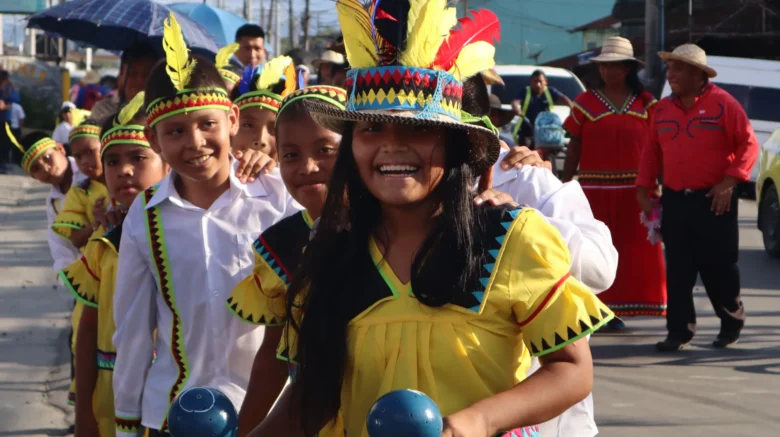At MODETEAB, we are dedicated to revitalizing and strengthening our Indigenous cultural practices. Our mission encompasses the conservation and promotion of our customs, ecological knowledge, food sovereignty, and traditional sustainable livelihoods. We strive to ensure that our traditional knowledge is preserved, including our rich history as Indigenous peoples, our traditional uses of plants, and our ancestral ways of living in harmony with Mother Earth. It is crucial that we reclaim our traditional means of communication, which include our languages, dances, and songs.

Indigenous Women
We recognize the vital role of women in our communities and the importance of their participation in the preservation of our culture and decision-making processes. Indigenous women are key to revitalizing our languages, agricultural practices, medicinal knowledge, and traditional crafts. MODETEAB is committed to prioritizing the training, inclusion, and empowerment of Indigenous women, ensuring their voices are heard and valued.
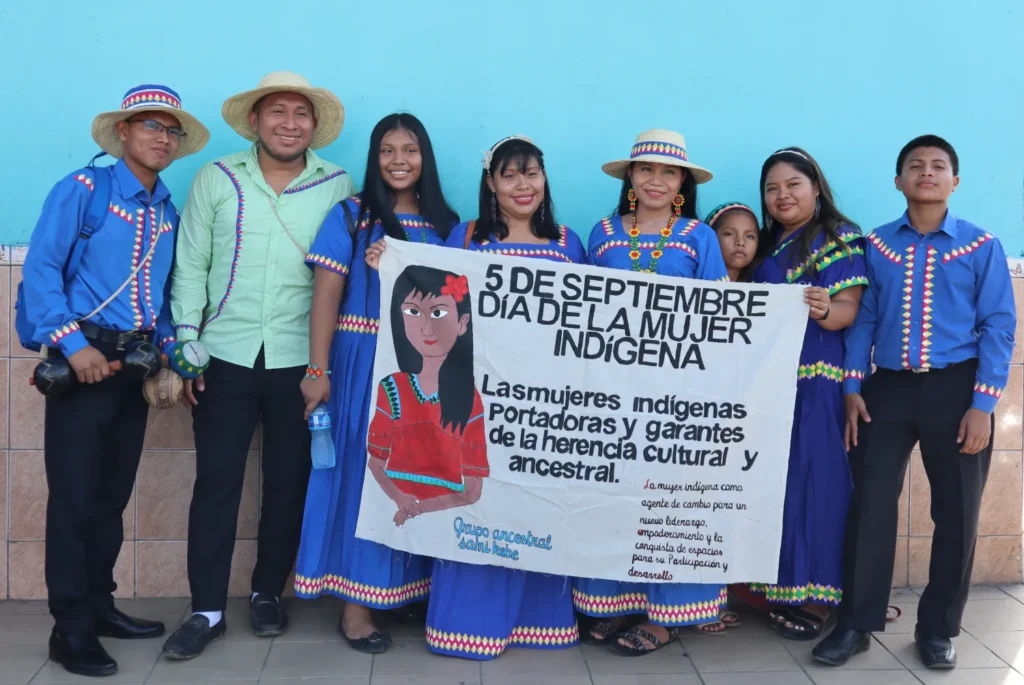
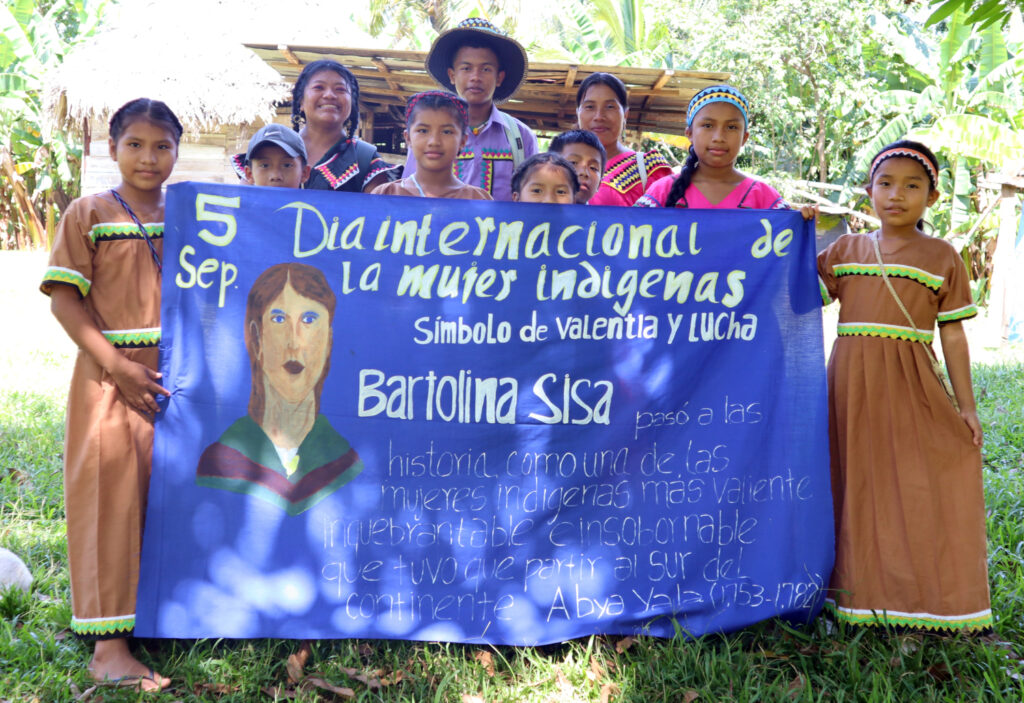
Celebrating International Day of Indigenous Women in Valle de Agua, 5 September 2023.
Indigenous Youth
We aim to empower a new generation of Indigenous youth, helping them feel connected to their communities while instilling a sense of pride in their identity. It is essential that our traditional livelihoods, languages, and cultural identities are preserved and passed down from generation to generation. By fostering a strong sense of belonging, we equip our youth to protect and care for their heritage.
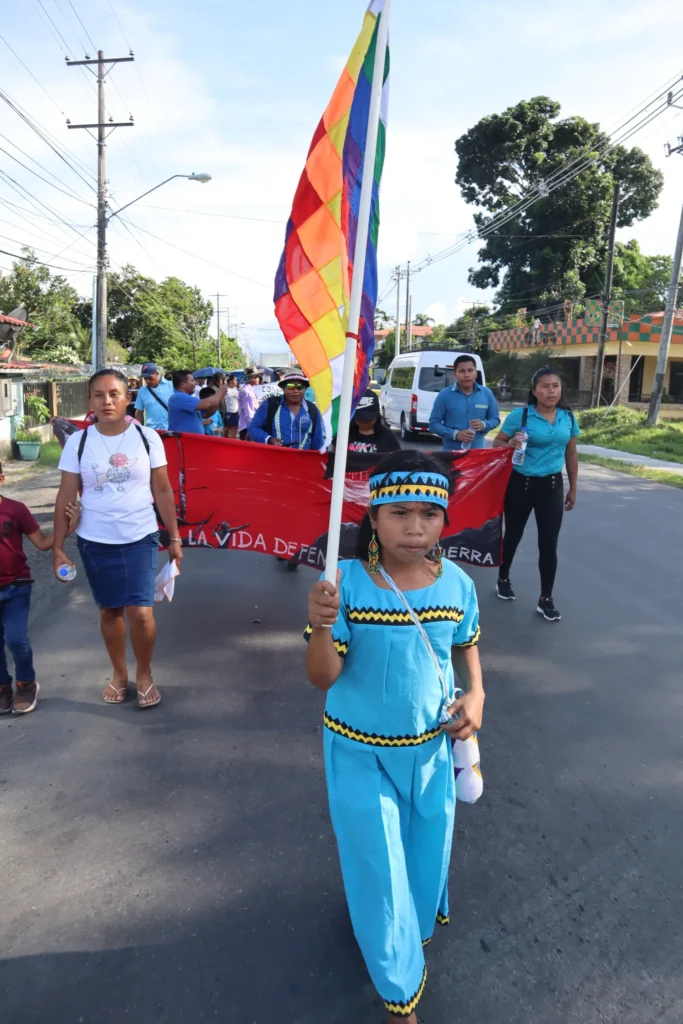

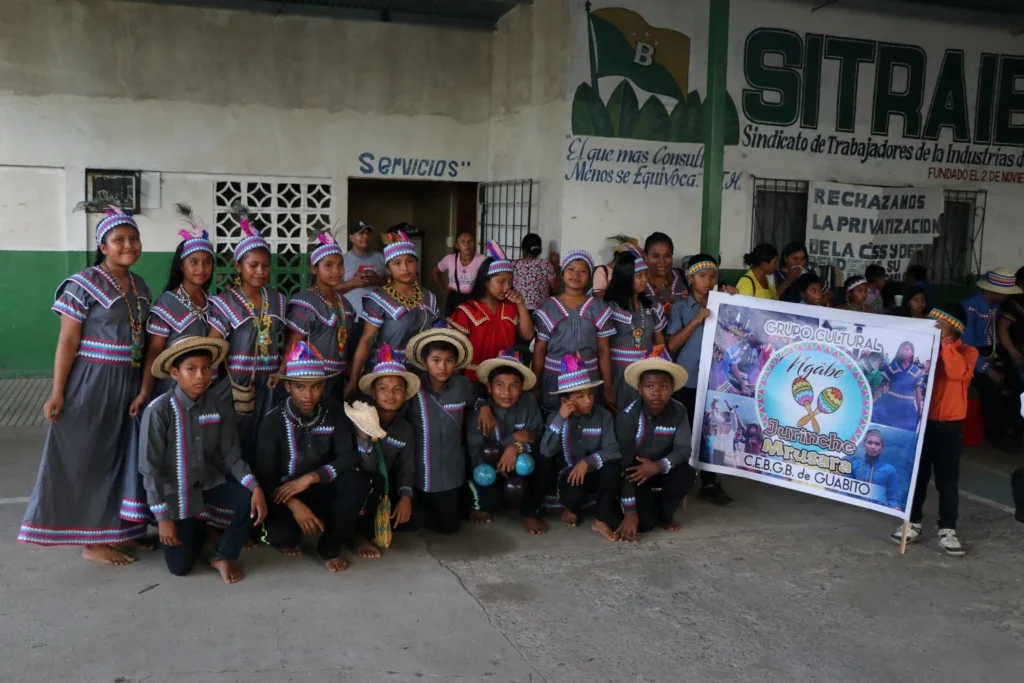
Traditional Knowledge
Our languages are repositories of invaluable knowledge about Panama’s natural environment, particularly its botanical resources. They encompass a wealth of information about the plants, trees, flowers, leaves, roots, resins, barks, woods, and seeds integral to our traditional culture. Our biocultural heritage is intricately linked to the living landscape, encompassing specialized knowledge of local biodiversity, sustainable stewardship of tropical forests, management of rivers and water resources, and responsible land use for food cultivation.
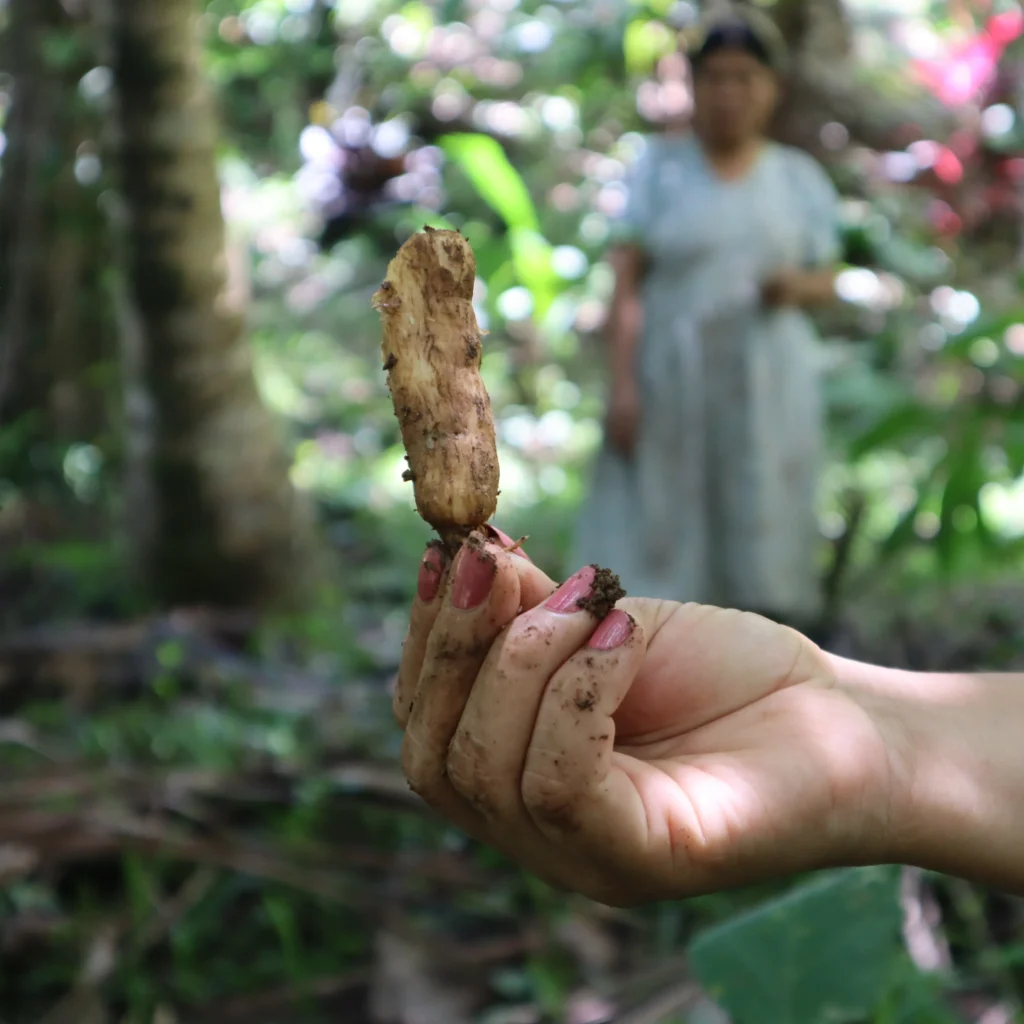
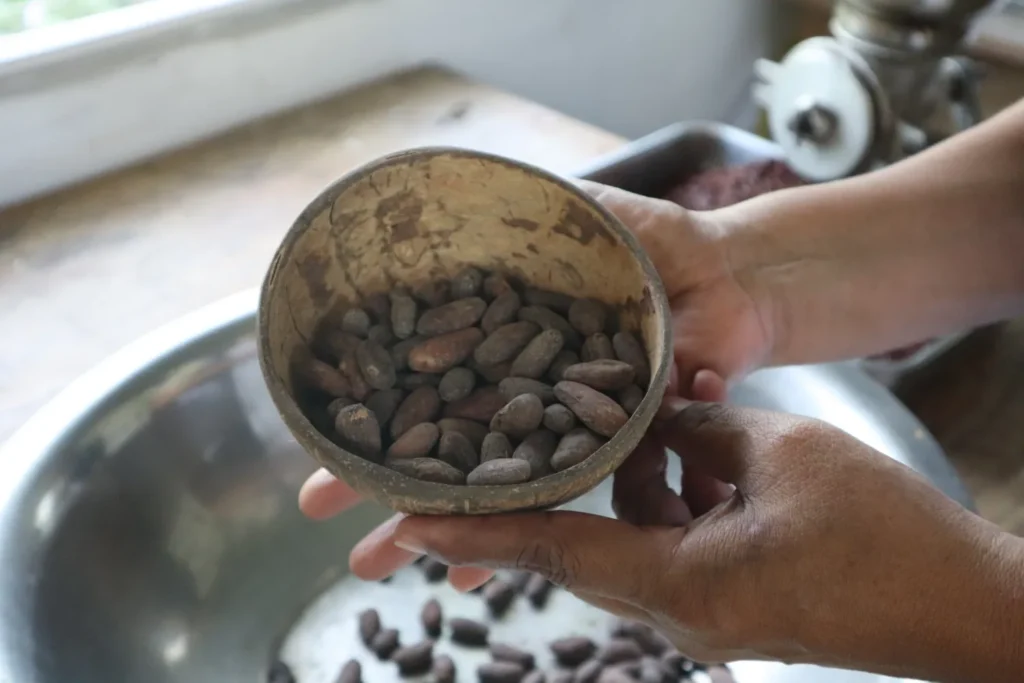
Food Sovereignty
We advocate for food sovereignty and agroecological practices rooted in our Indigenous food systems. Agriculture has been the cornerstone of culture in western Panama for millennia. Our commitment to food sovereignty means defending our historical right to produce and consume our own organic food, resisting neoliberal agroindustry, rejecting chemical inputs and genetically modified organisms, protecting our soils, pollinators, and precious heirloom seeds, and actively participating in the development of public agricultural policy.
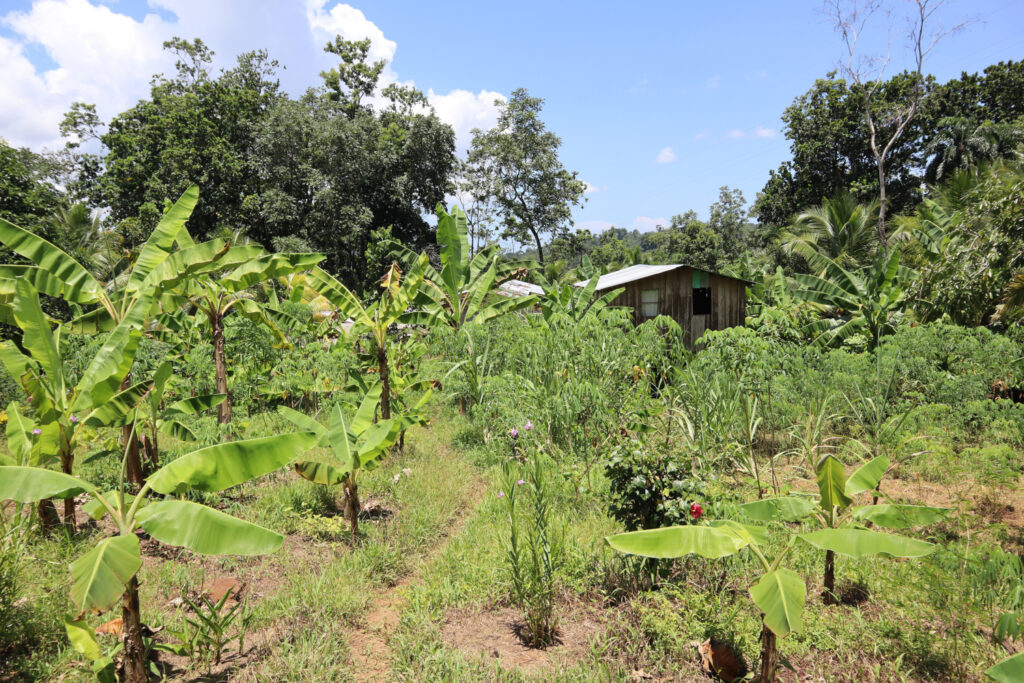
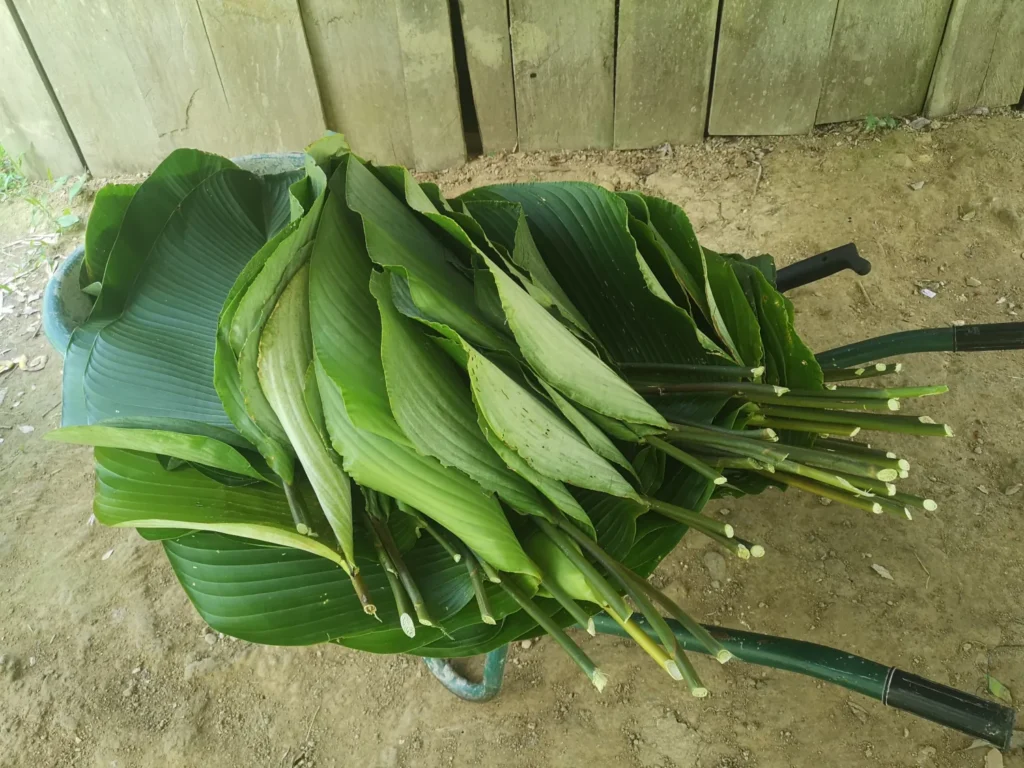
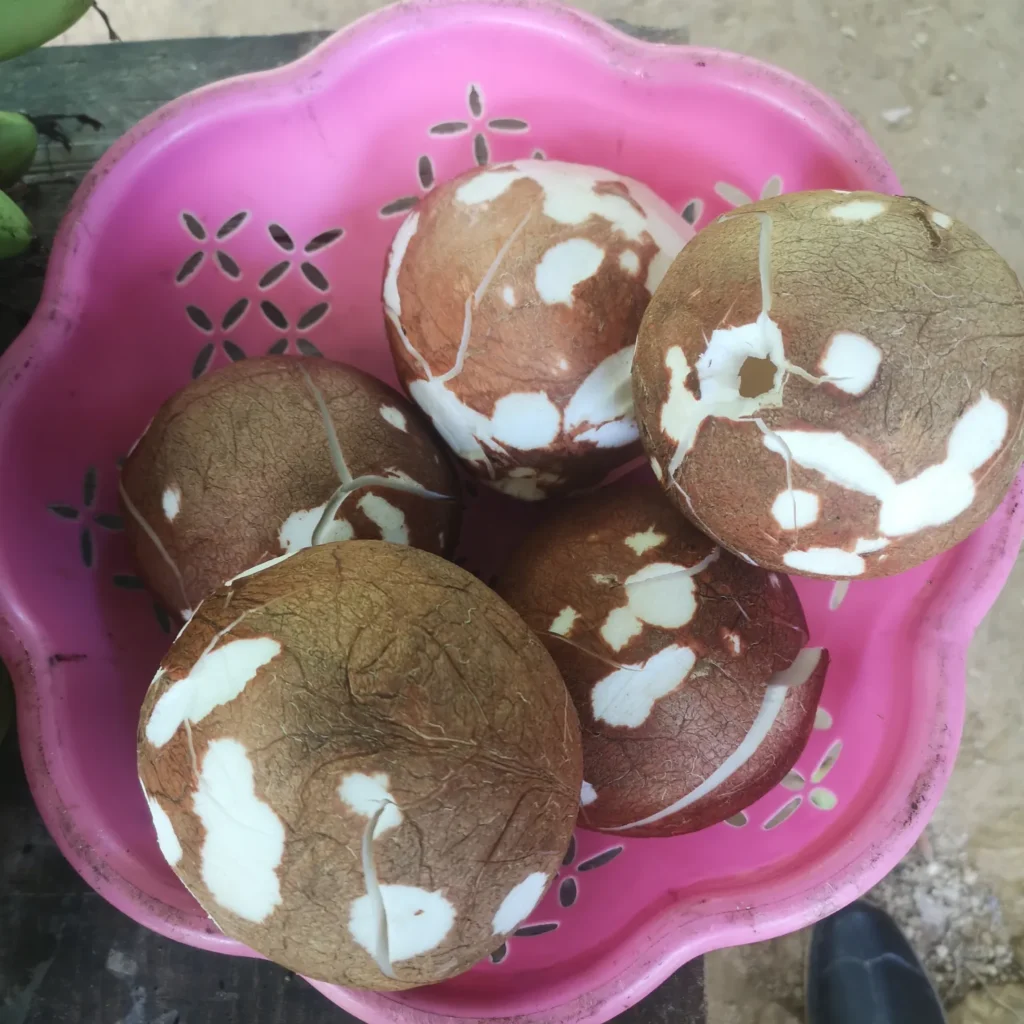
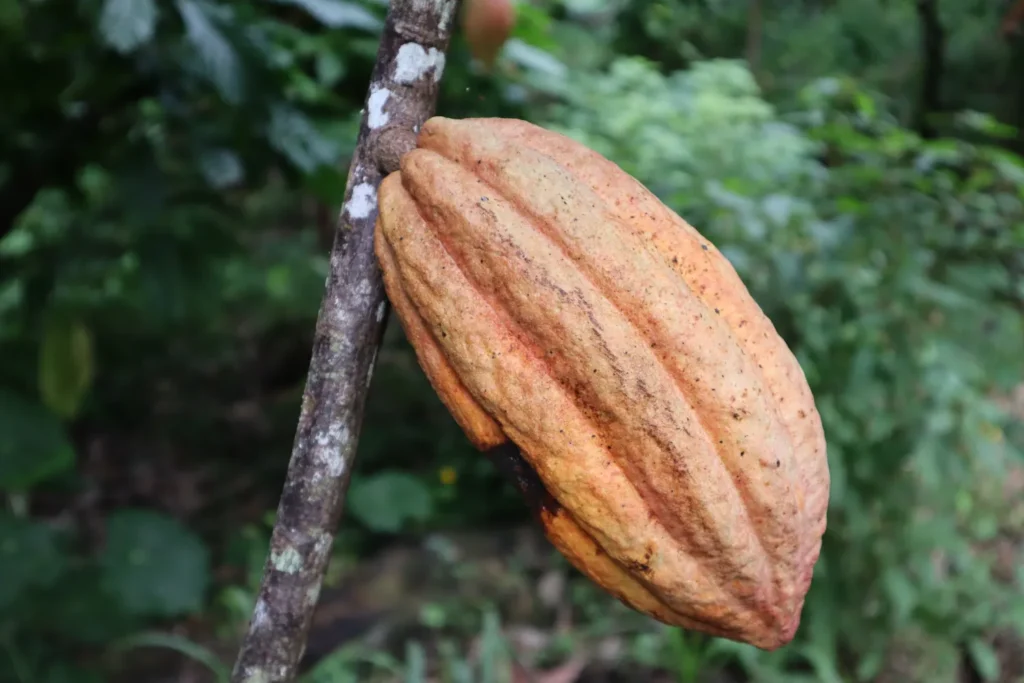
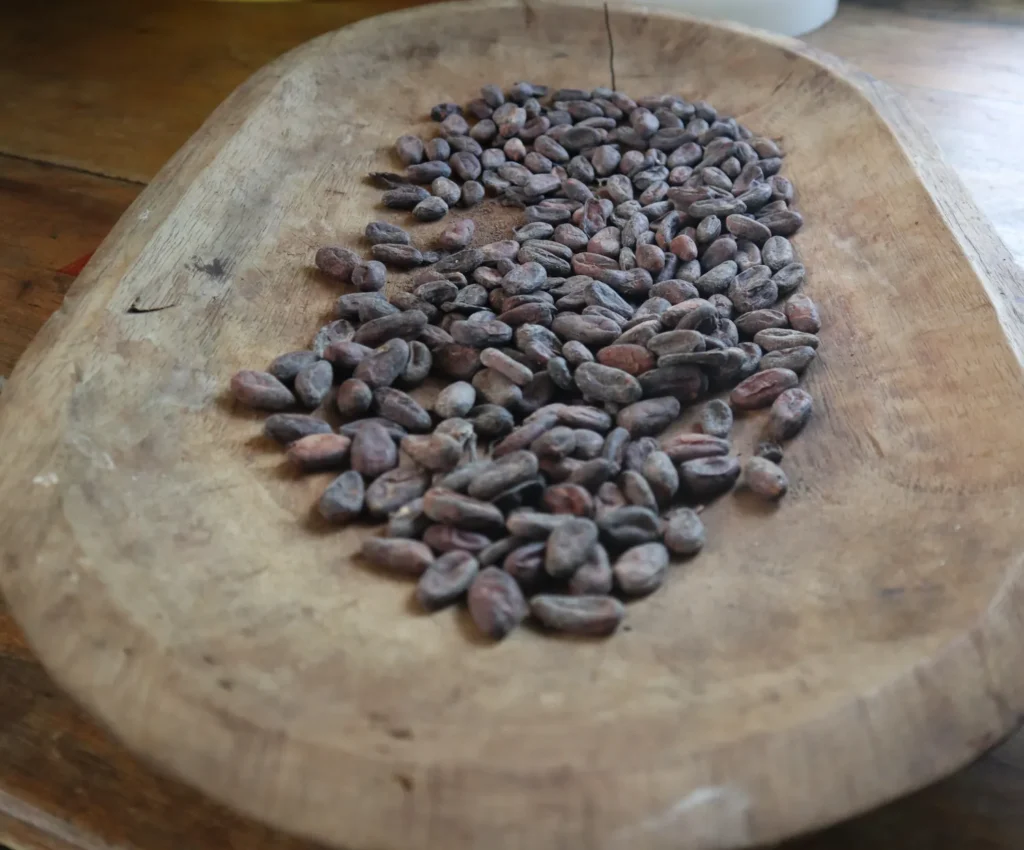
Defending Our Cultures
Our rural communities face numerous challenges, including inadequate infrastructure, chronic underinvestment in public services, lack of potable water, insufficient sanitation, malnutrition, and relatively low levels of education. Seasonal migration for paid work in coffee and fruit farms places additional strain on our families. MODETEAB is committed to defending our traditional cultures, particularly in Bocas del Toro. We organize regular cultural events and training sessions to maintain and strengthen our languages, arts, and agricultural practices.
